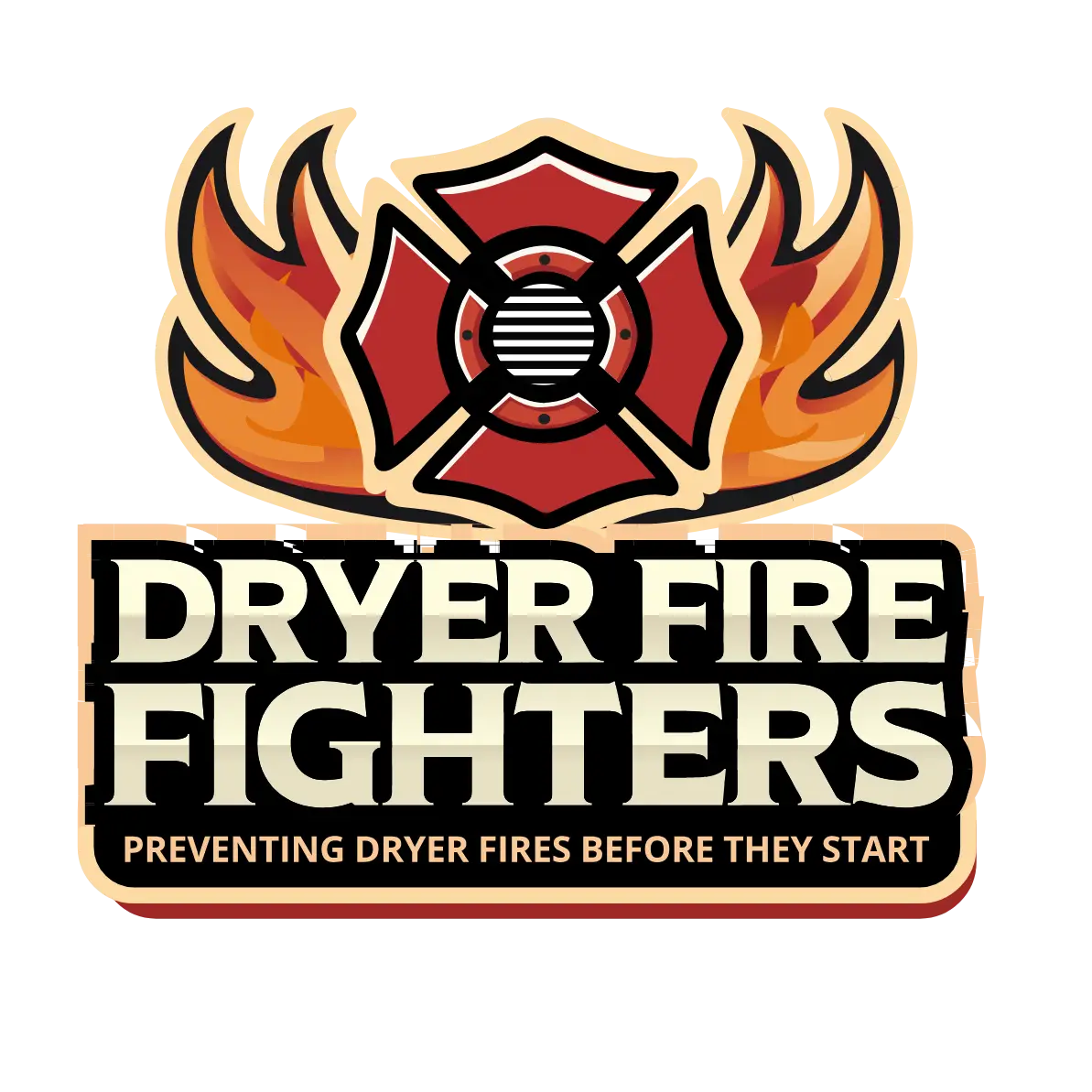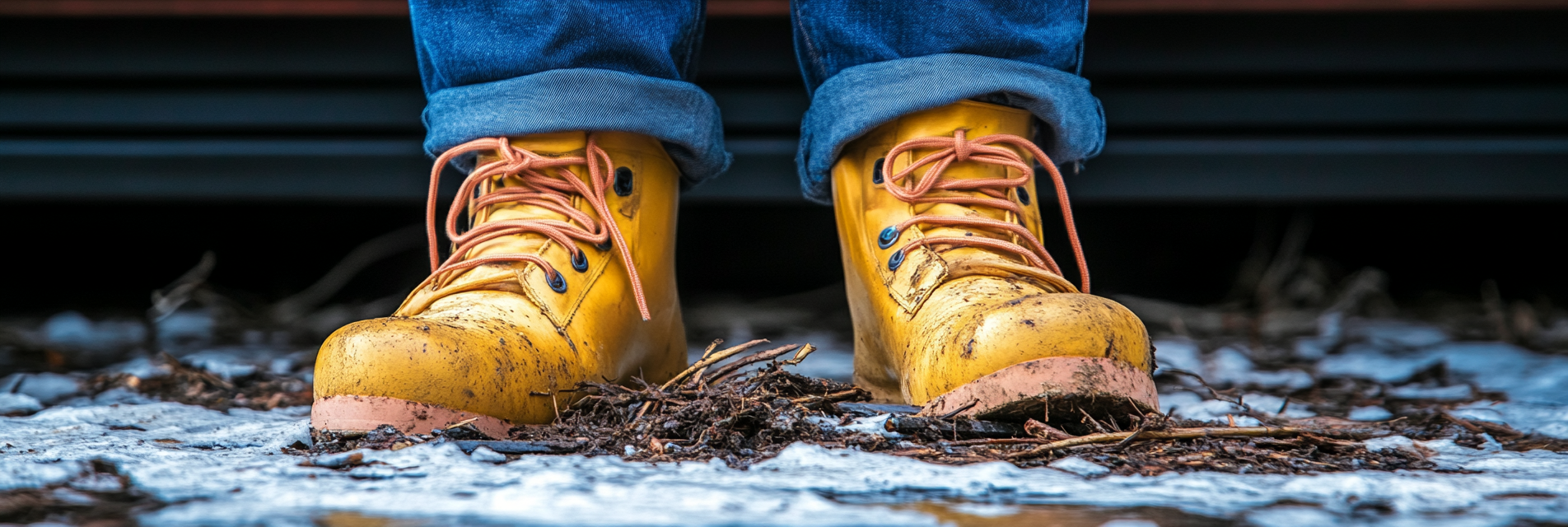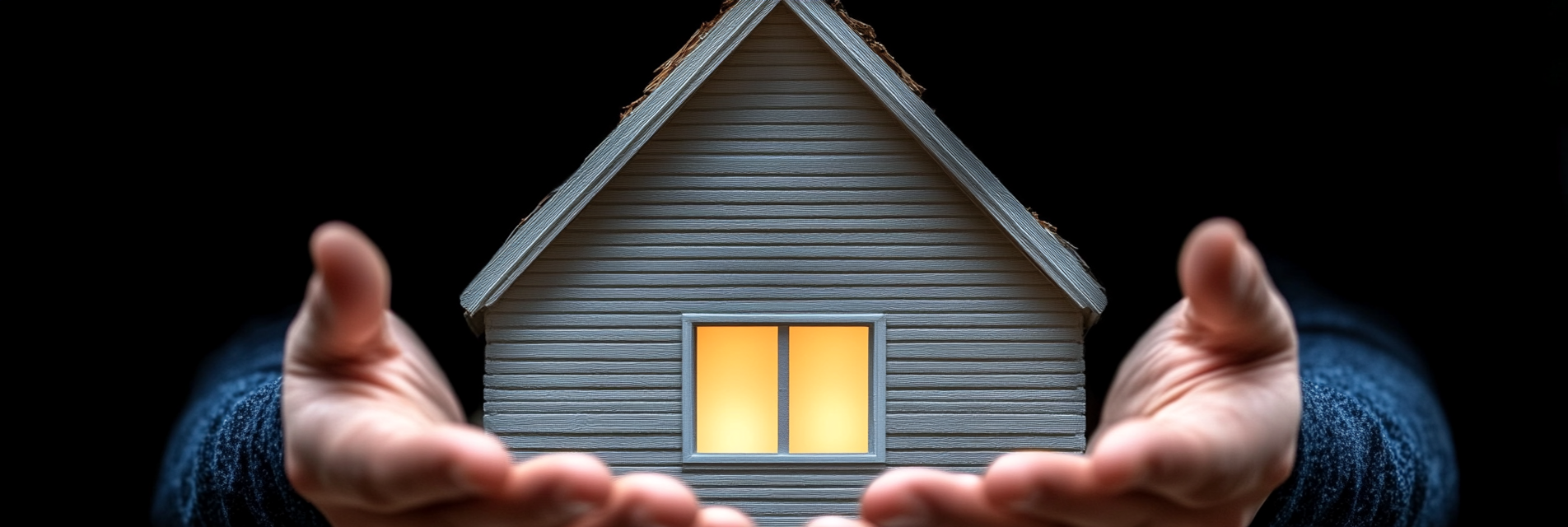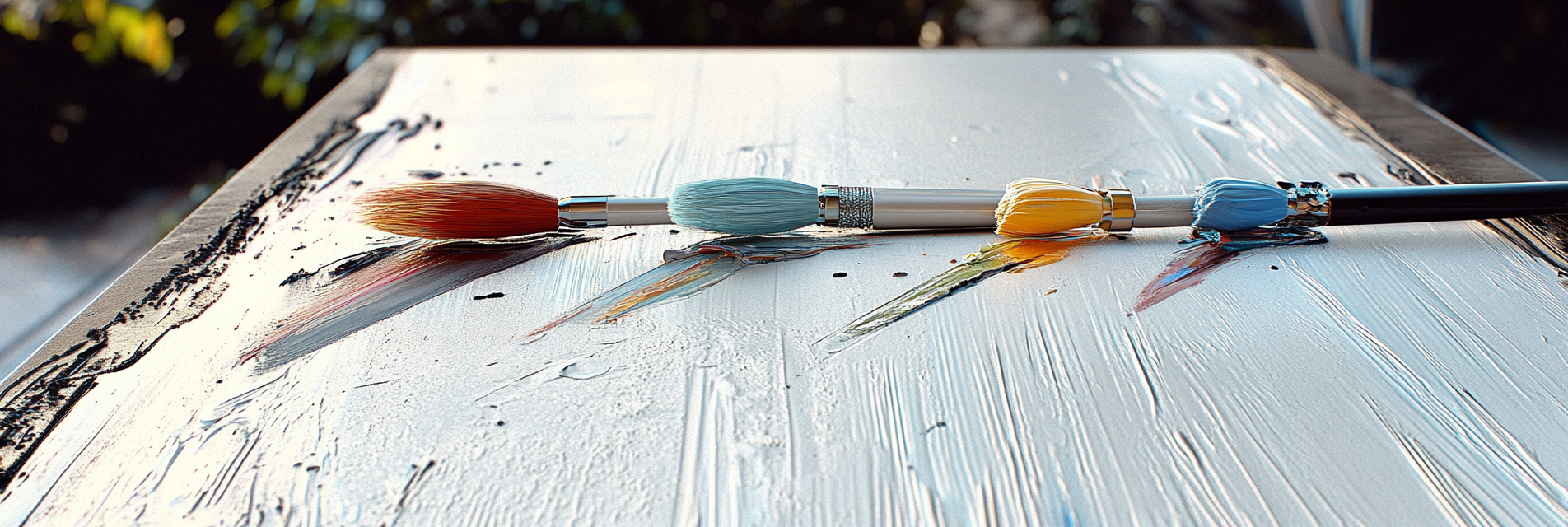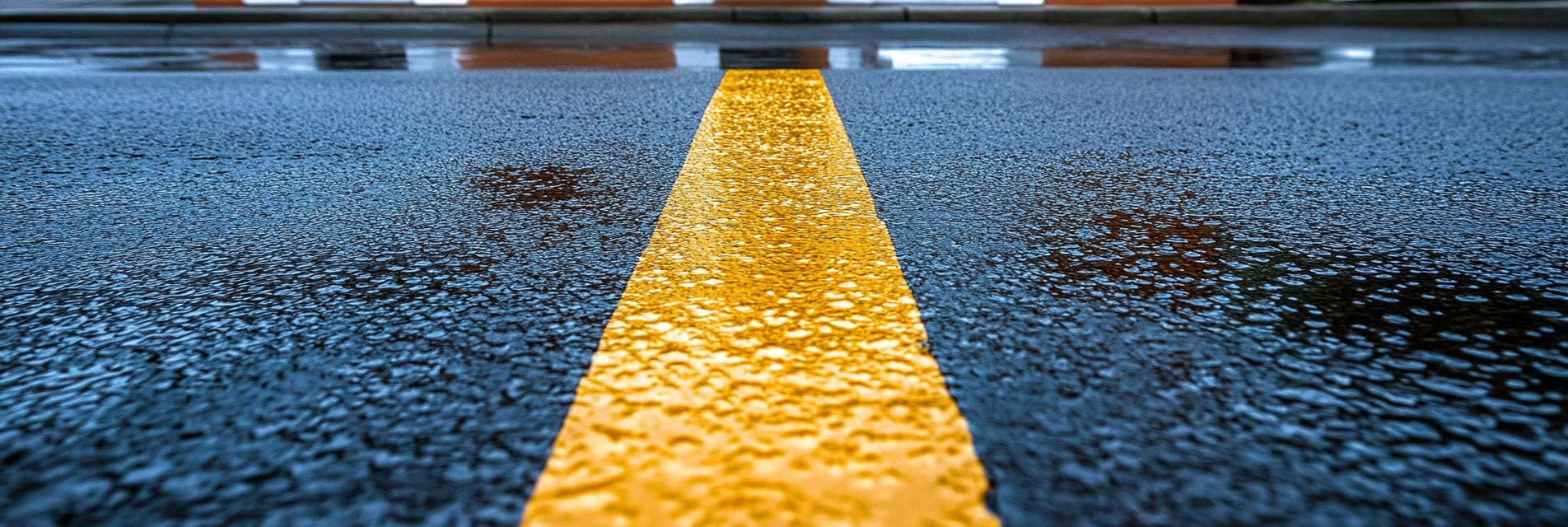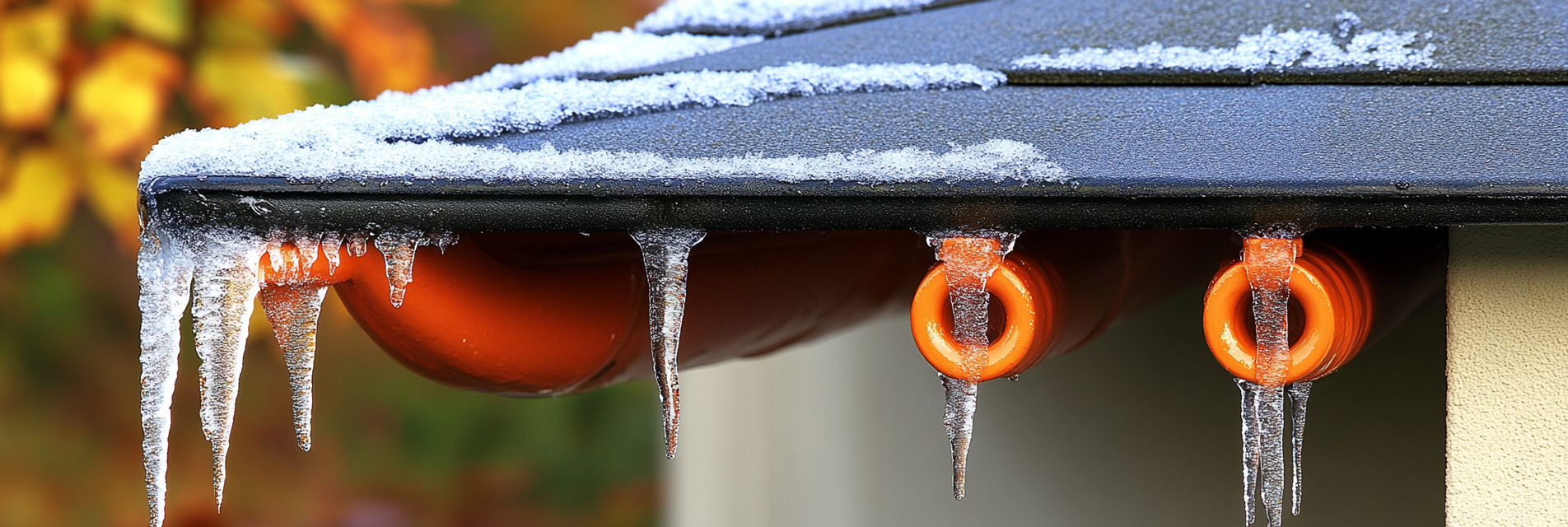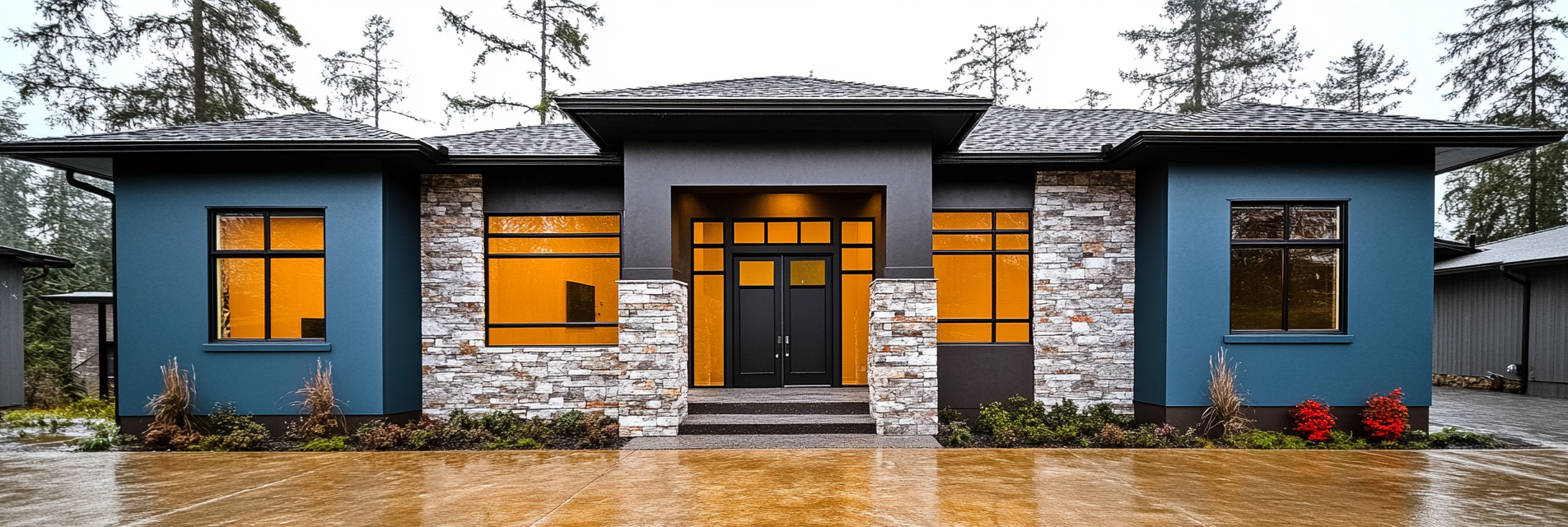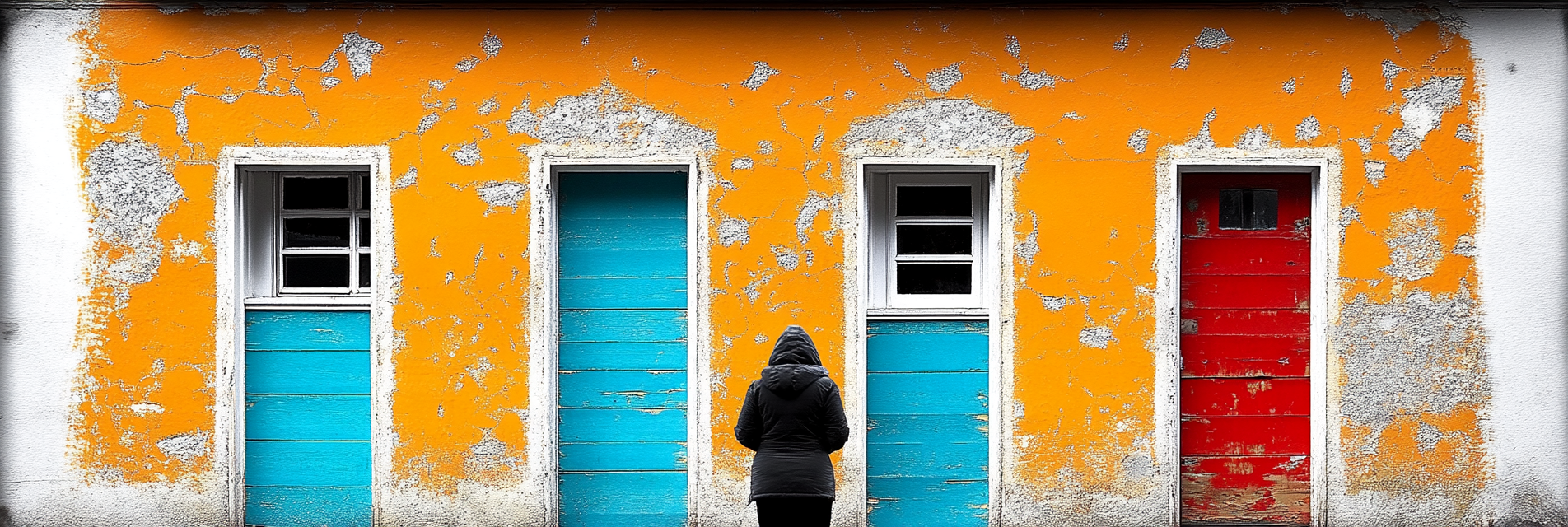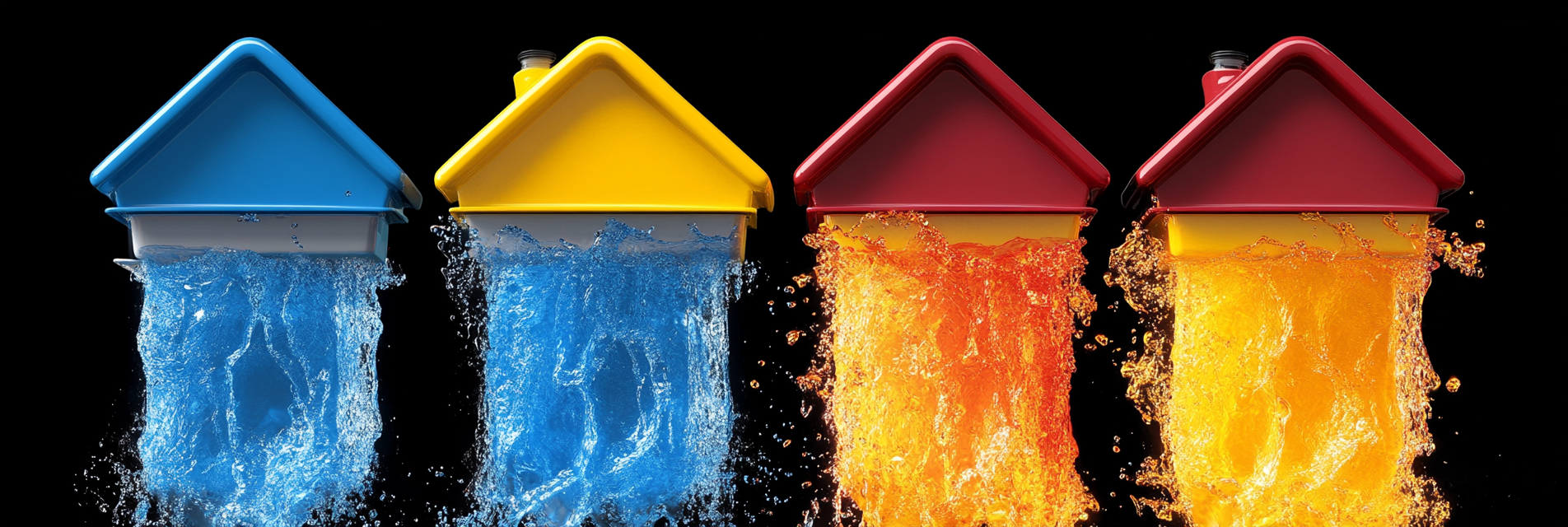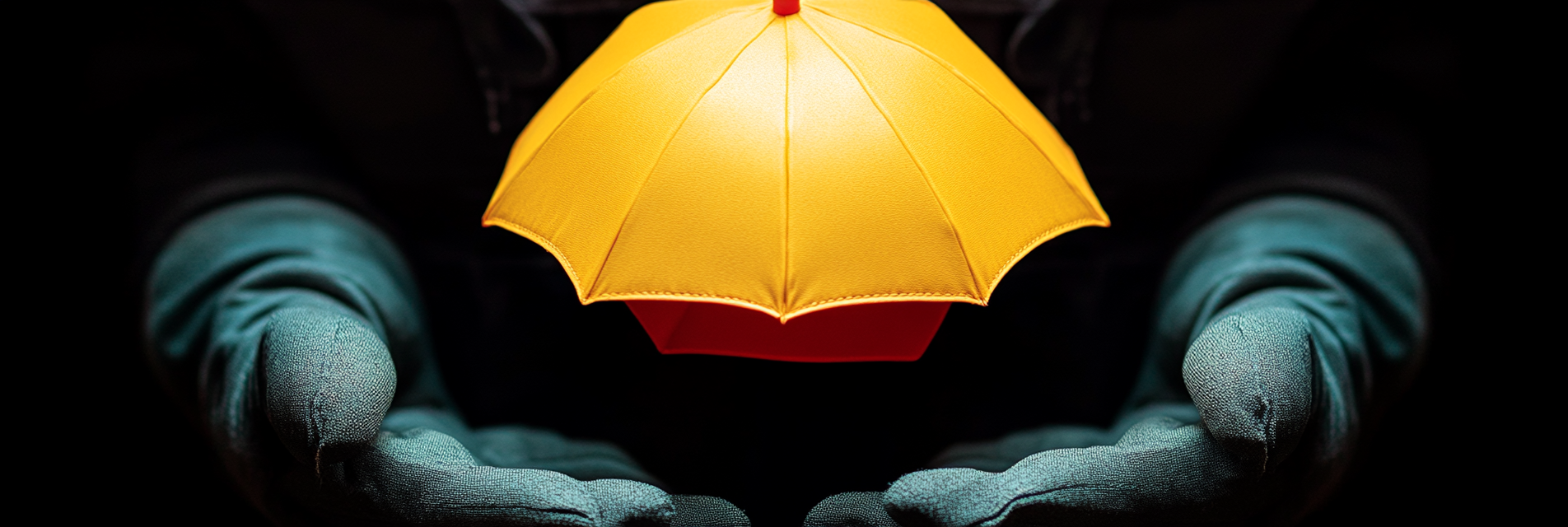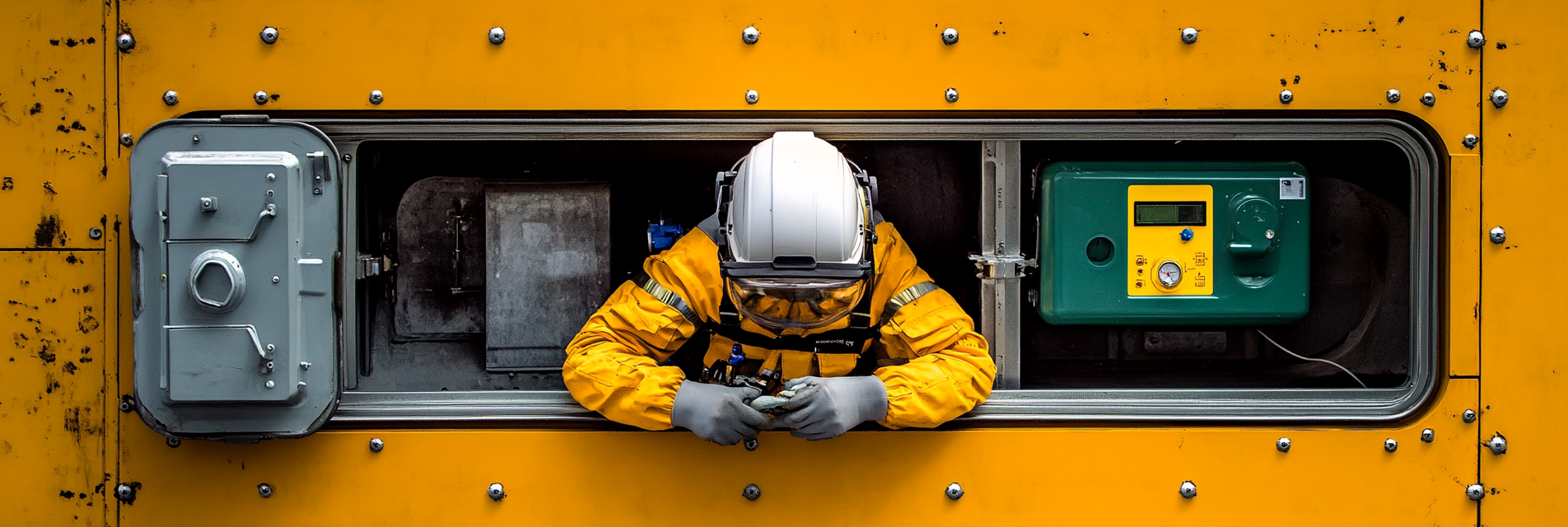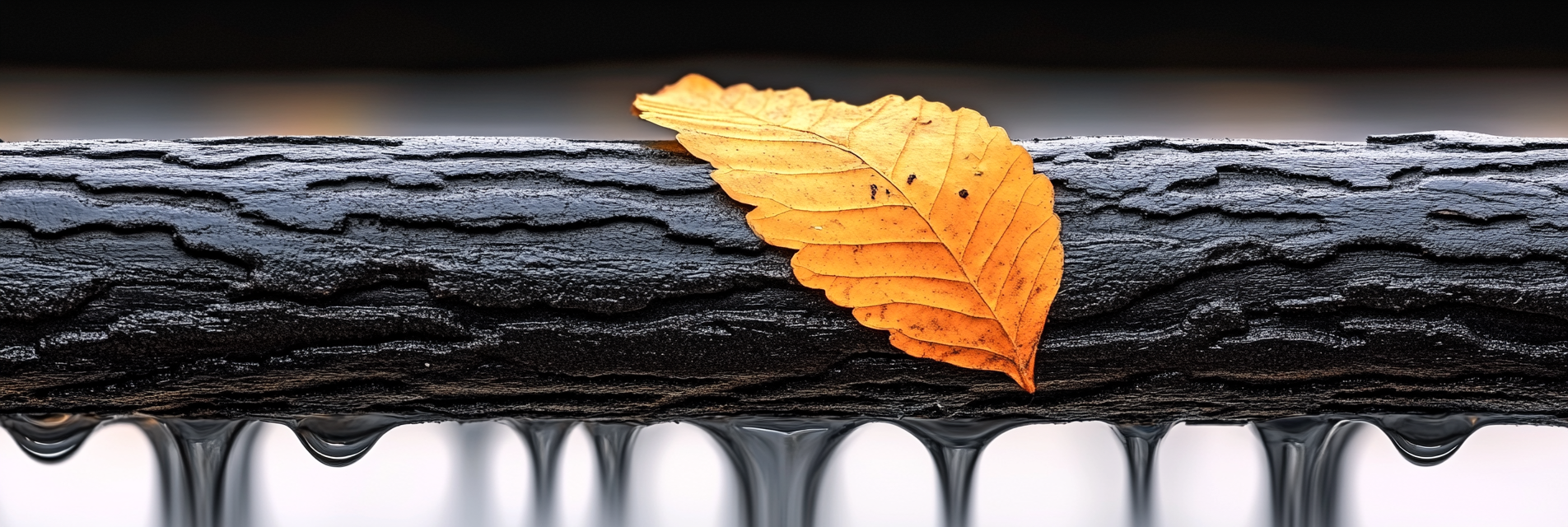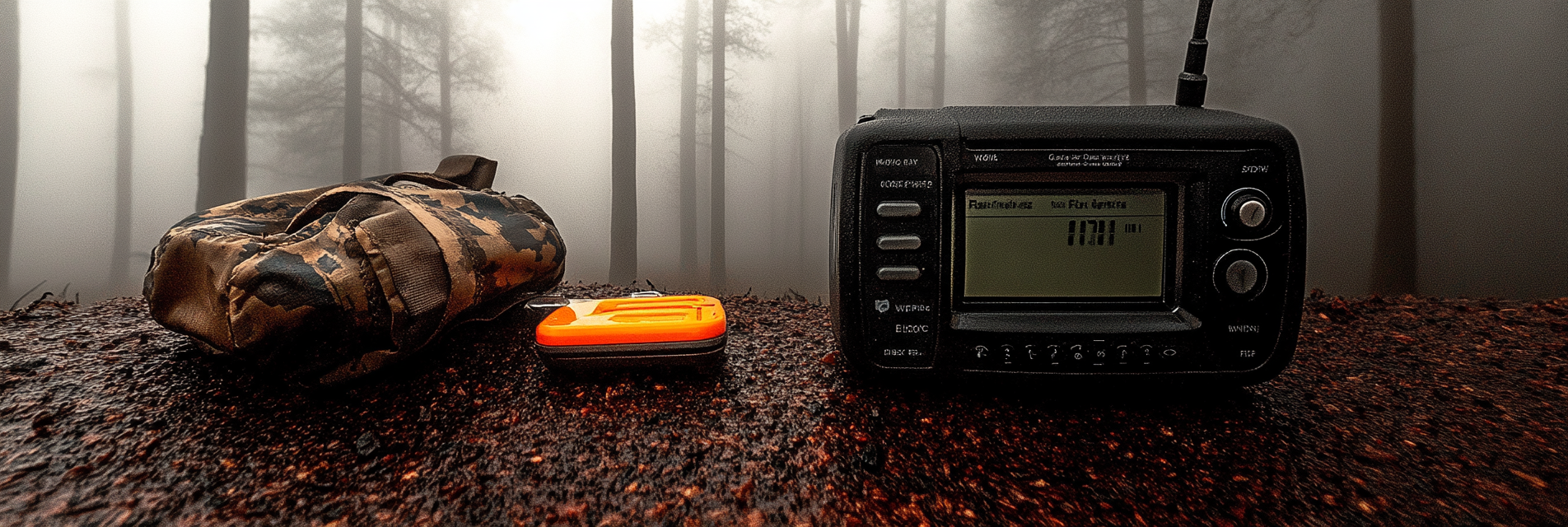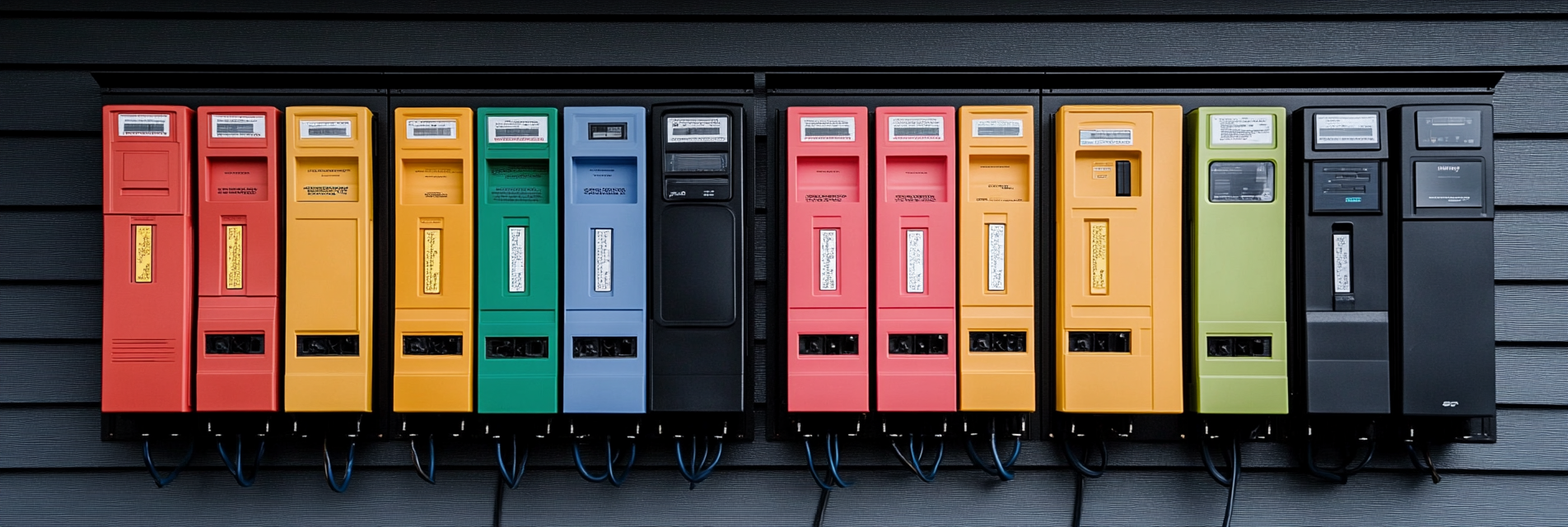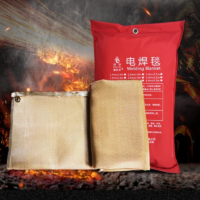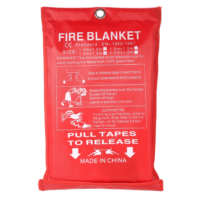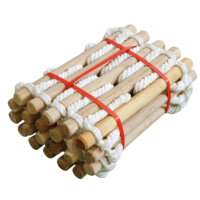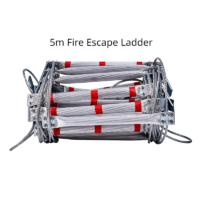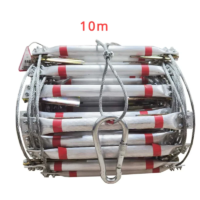When you need to file a claim on your home owner’s insruance, you should understand the role of an insurance adjuster. What does an adjuster do, how do they conduct their job, and what is the best way to work with them? You want to make the process as smooth as possible because it certainly can be a stressful time. This article breaks down the role of an insurance adjuster and provides you some help hints for navigating the claim process as effectively as possible.
1. Who Is an Insurance Adjuster?
An insurance adjuster is a professional employed by an insurance company or an independent firm to evaluate the damage to your home and determine the amount the insurance company should pay for your claim.
Types of Adjusters:
- Company Adjusters: Employed directly by the insurance company and represent the company’s interests.
- Independent Adjusters: Contracted by insurance companies to assess claims but aren’t employed directly by the insurance company.
- Public Adjusters: Someone you hire to represent their interests and help negotiate with the insurance company. There are a handful of Public Adjusters in the Tri-Cities. It may be worth contacting one just to ask questions and see if it makes sense for your situation. Public adjusters charge a fee, typically a percentage of the settlement amount, but can be beneficial if you feel the company’s offer is too low.
2. The Role of an Insurance Adjuster in the Claims Process
The primary function of an insurance adjuster is to assess the damage and determine how much the insurance company should pay you.
Key Responsibilities:
- Inspecting Damage: Conducts a thorough inspection of your home and documents the damage through photos, videos, and written notes. They will ask you a lot of questions, so be prepared.
- Reviewing Your Policy: Evaluates the terms of your home insurance policy to determine what is covered and any applicable exclusions. They are an expert at insurance and will know your policy better than you do.
- Calculating the Cost of Repairs: Estimates the cost to repair or replace the damaged property and recommends what they believe is an appropriate settlement amount to the insurance company.
- Negotiating with Contractors: Works with contractors to verify repair estimates and ensure that the proposed costs are reasonable. Remember that the insurance company and the adjuster that works for them is going to try to pay out as little as possible.
Pro Tip: Be present during the adjuster’s visit to provide context, answer questions, and ensure that all areas of damage are documented. Take charge of the situation.
3. Preparing for an Adjuster’s Visit
Proper preparation can help you maximize your payout. We definitely recommend you are present and manage the whole situation. Otherwise, you may be taken advantage of by the insurance company and its adjuster.
How to Prepare:
- Document the Damage: Take detailed photos and videos of all affected areas BEFORE the adjuster arrives.
- Create an Inventory List: List damaged items along with their approximate value, age, and purchase receipts. SAVE YOUR RECEIPTS for big purchases, even if just in your email.
- Review Your Policy: Familiarize yourself with your insurance policy to understand what is covered and what isn’t. Review the article we posted here: (https://dryerfirefighters.com/reviewing-your-home-insurance-policy-annually-why-its-important-and-how-to-do-it/)
Safety Tip: Do not make any repairs until after the adjuster has visited and documented the damage.
4. What to Expect During the Adjuster’s Visit
Be prepared before the adjuster arrives for his or her visit.
During the Visit:
- Walkthrough: The adjuster will walk through your home, inspecting and documenting all areas of damage.
- Ask Questions: Feel free to ask questions about the process, how they document damage, and what steps come next. Explain in detail all you know about the situation, so they understand your perspective.
- Point Out All Damage: Ensure that the adjuster sees every damaged area, even those that may not be immediately obvious. Don’t hold back!
Pro Tip: Prepare a detailed list of questions you want to ask the adjuster and the things you want them to know before they arrive. And take notes during the visit.
5. How to Work with a Public Adjuster
If you decide to hire a public adjuster, it’s important to understand their role and how they can assist you.
Benefits of Hiring a Public Adjuster:
- Advocacy: A public adjuster works solely for you, aiming to secure the highest possible payout. As notes, you can find someone online here in Kennewick, Pasco, or Richland to work with you.
- Negotiation Expertise: They can help negotiate with your insurance company if disputes arise regarding the claim amount. Think of it like hiring an attorney to make sure your rights are properly represented.
- Complex Claims: Public adjusters are especially helpful in cases involving extensive or complicated damage. The bigger your claim, the more it may make sense to hire a public adjuster.
Considerations:
- Fees: Public adjusters typically charge a percentage of your final settlement, which can range from 5% to 15%. This may be totally worth it if they can help you get 10 to 20% more for your claim.
- Licensing: Ensure that the public adjuster you hire is licensed and experienced. Read reviews online and ask family and friends for recommendations. Post on Facebook or Nextdoor that you are looking for a recommendation.
Expert Tip: Before hiring a public adjuster, read reviews and check references to find a reputable professional.
6. Common Mistakes to Avoid When Working with an Adjuster
Avoiding common pitfalls can help you get the most out of your insurance claim.
Top Mistakes:
- Not Documenting Enough: Failing to provide sufficient documentation or not having receipts or pictures beforehand.
- Accepting the First Offer: The initial settlement offer may not always be the best. Don’t hesitate to negotiate if you believe your claim is undervalued. Let the insurance company know that you believe their offer is not fair.
- Overlooking Hidden Damage: Some types of damage, such as structural issues, may not be immediately visible. Ensure the adjuster inspects these areas. We recommend calling Ryan Brightman at Proper Home Inspections (https://properhomeinspections.com/) for an affordable review of the damage to ensure you have the knowledge to show and explain to the insurance adjuster how bad the damage is.
Safety Tip: Always keep copies of all documents and communications related to your claim for future reference.
Conclusion
Understanding the role of an insurance adjuster and how to effectively work with them can make a big difference in the outcome of your home insurance claim. By preparing thoroughly, documenting all damage, and considering the assistance of a public adjuster and Ryan at Proper Home Inspections when necessary, you can get through the claims process more confidently and with a higher payout. We here at Dryer Fire Fighters advise Tri-Cities homeowners to stay informed and proactive during the claims process to ensure the best possible settlement.
Serving the communities of:
Kennewick | Pasco | Richland | West Richland | Finley | Burbank | Benton City | Prosser | Grandview | Connell
As the sole certified dryer exhaust technician recognized by CSIA.org in the Tri-Cities area, Paul brings a wealth of expertise to fire prevention. His primary focus lies in addressing the root cause of many residential fires: lint buildup in dryer cavities and vents. Through rigorous inspections and thorough cleanings, Paul ensures that families and businesses can enjoy peace of mind, knowing their properties are safeguarded against fire risks.
